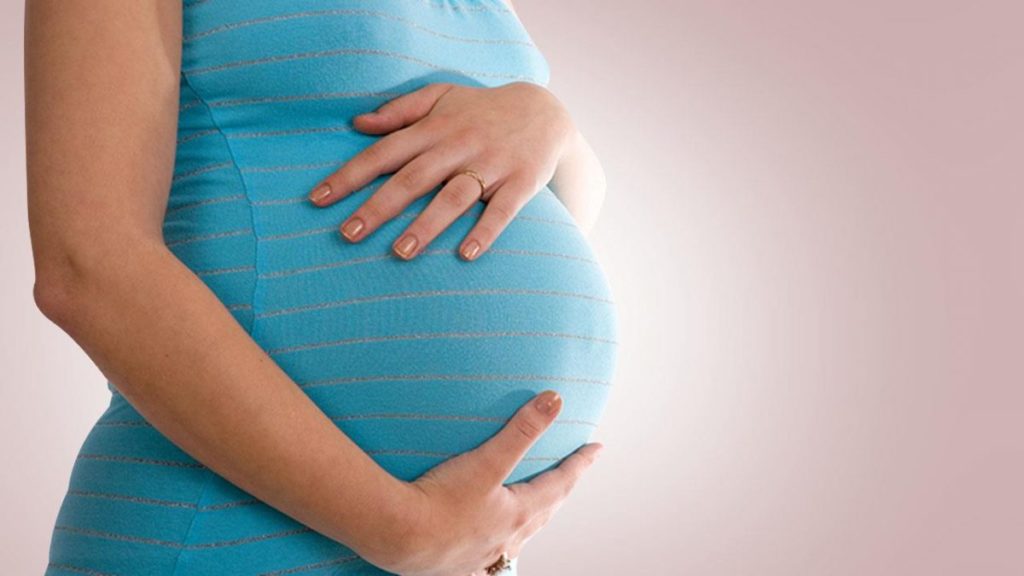The study, which was published Nov. 29 in the journal Molecular Psychiatry, looked at approximately 4,200 blood samples from pregnant women and their children who participated in the long-term “Generation R” study in Rotterdam, the Netherlands. Blood samples with a vitamin D reading of under 25.0 nmols were considered deficient.
The researchers found that pregnant women who were vitamin D deficient at 20 weeks gestation were more likely to have a child with autistic traits by the age of six.
“This study provides further evidence that low vitamin D is associated with neurodevelopmental disorders,” said lead researcher Professor John McGrath of the University of Queensland, Australia. “Just as taking folate in pregnancy has reduced the incidence of spina bifida, the result of this study suggests that prenatal vitamin D supplements may reduce the incidence of autism.”
Autism is a general term for a group of complex disorders of brain development characterized by problems with social interaction, verbal and nonverbal communication, and repetitive behaviors. With the May 2013 publication of the Diagnostic and Statistical Manual of Mental Disorders, 5th Edition (DSM-5) all autism disorders have been merged into one umbrella diagnosis of autism spectrum disorder (ASD).
Vitamin D usually comes in the form of sun exposure; however, McGrath feels that pregnant women should boost their levels through supplementation rather than getting more time in the sun.
“We would not recommend more sun exposure, because of the increased risk of skin cancer in countries like Australia,” he said. “Instead, it’s feasible that a safe, inexpensive, and publicly accessible vitamin D supplement in at-risk groups may reduce the prevalence of this risk factor.”
Previous studies have found that vitamin D plays a critical role in fetal brain development, and deficiency during pregnancy has been associated with other conditions including schizophrenia, asthma and reduced bone density. However, it’s important to keep in mind that this study only identified a potential link between vitamin D deficiency and autism, and the “autism-related traits” were self-reported by parents rather than being officially diagnosed by a physician.
Source: The Guardian
